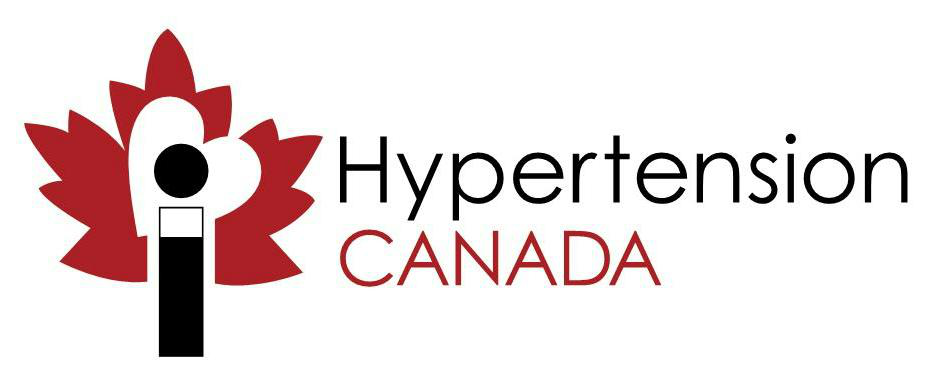Eating a Healthy Diet
A healthy diet is key to maintaining healthy blood pressure. A good place to start is the DASH Diet (Dietary Approach to Stop Hypertension), which is similar to Canada’s Food Guide, and has been shown to improve blood pressure. The DASH Diet emphasizes eating plenty of vegetables and fruit, low-fat milk products, whole grains, lean meats, fish, legumes (dried beans) and nuts, and limiting daily sodium to 1500-2300 mg each day.
Helpful Resources
Limiting Salt intake:
Salt (sodium) makes your body retain water. If you eat too much, the extra water stored in your body raises your blood pressure. Cutting back on salt in your diet is one of the best ways to help curb your blood pressure, especially if you’ve been diagnosed with hypertension. Processed foods tend to have the highest salt content (items like frozen pizza and canned soup). A general rule of thumb: buy products that are labelled with ≤5% daily value of sodium. For more information on reading nutrition labels, click here for Health Canada’s handout on label reading.
| How much salt is too much? | Milligram (mg) of salt per serving | % of salt per serving |
|---|---|---|
| Too Much | >360 | ≥15% |
| Watch Out | 121-360 | 6%-14% |
| Go Ahead | 0-120 | 0%-5% |
To lower your blood pressure, aim to reduce your salt intake to about 2,000 mg per day. As much as nutrition labels help you to identify the foods with the lowest sodium content, keep in mind that it is the products with no labels that are the best.
Maintaining a Healthy Lifestyle
Achieving a healthy weight is key to maintaining a healthy blood pressure. Losing weight is challenging, so speak to your healthcare professional to help you get started. Both a healthy diet and regular exercise are essential. A registered dietitian can also help you kickstart a plan to achieve a healthy weight.
Managing Stress Levels
We all go through stressful periods, which can take its toll mentally and physically. The key is to have effective ways to cope with stress as best you can to help minimize its effects on you.
Limiting Alcohol Consumption
Reducing your alcohol consumption can help reduce blood pressure.
Some helpful guidelines:
- Consuming no more than 2 drinks per day can potentially drop your systolic blood pressure by 3.9 mmHg and diastolic blood pressure by 2.4 mmHg.
- It is recommended to not consume more than 14 standard drinks per week for men and 9 standard drinks per week for women.
One drink equals:
| Type of Drink | Quantity |
|---|---|
| A glass of beer | 341 mL (12 oz.) of beer with 5% alcohol content (beer, cider or cooler) |
| A glass of wine | 142 mL (5 oz.) of wine with 12% alcohol content |
| A glass of spirits | 43 mL (1.5 oz.) of 40% distilled alcohol content (rye, gin, rum, etc.) |
Drinking more than moderate amounts of alcohol can raise blood pressure by several points and reduce the effectiveness of blood pressure medications.
Refraining from Smoking
It’s hard to quit smoking, but it’s one of the best things you can do for your heart health. Remember, it may take several times to quit, so don’t be discouraged if you need to try more than once. You may also want to consult with your doctor or pharmacist to find solutions to help you quit. We also recommend visiting the “I Quit Now” website, which provides:
- Five interactive steps to work through at your own pace.
- Specialist support via an online forum and chat room.
- Friendly support from a virtual community of smokers and ex-smokers.
- Telephone helpline
You can also visit the Heart Institute for more quit smoking support.


